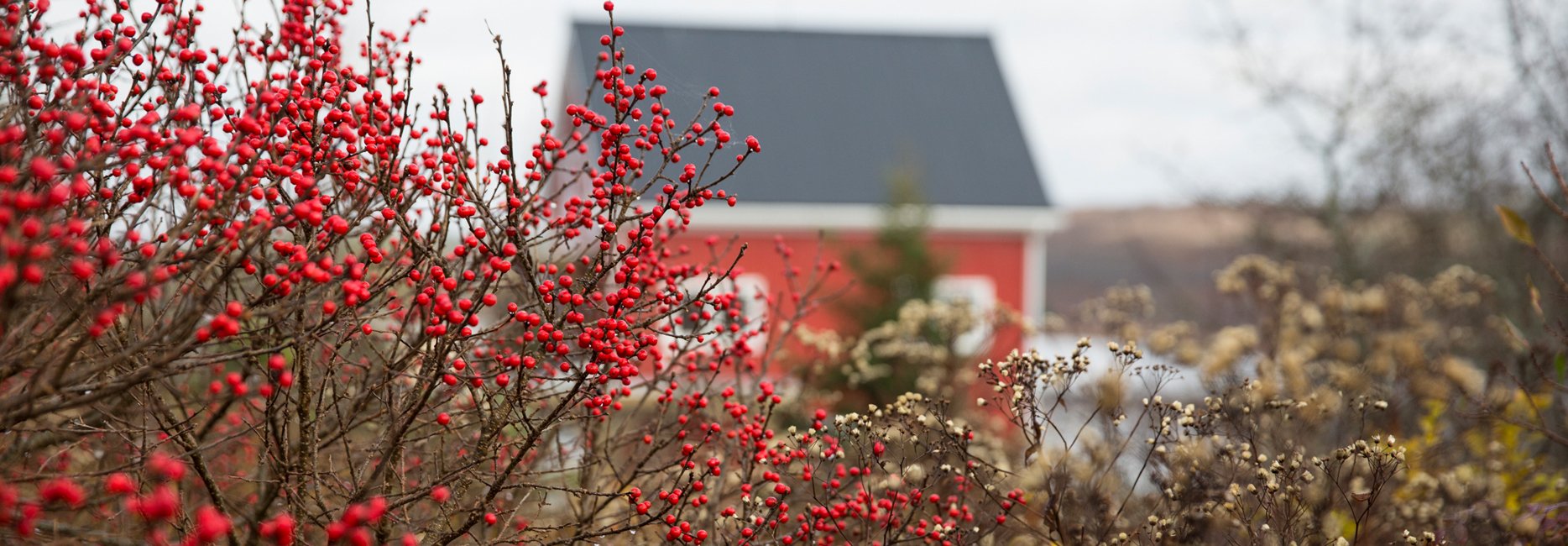
INTERNSHIPS
Hope for Wildlife has the pleasure of hosting interns from all over the world to come and stay with us while they learn and work at our facility.
Our volunteer internship program is not only vital to the work that we do as a rescue and rehabilitation facility, but it has also proven to be a wonderful teaching tool and life experience for students. Our interns not only gain valuable experience with wildlife, but also make friends and memories that last a lifetime.
If you are interested in an internship at Hope for Wildlife, please first consider the following questions:
Am I between the ages of 18 and 30, or will I be 18 by the time the internship starts?
Am I able to commit to working for up to 45 hours a week? (No job sharing)
Am I able to commit to a period of 8 to 12 weeks? (No vacations)
Am I ready for an intense, hands-on learning experience in wildlife rehabilitation?
Am I comfortable with animal husbandry in a farm-like setting?
Do I have good physical stamina and health, and able to work hard?
Am I able to provide a $300CDN deposit upon award of internship? The deposit will be returned upon successful completion of internship.
Do I have an up-to-date tetanus vaccination?
Do I have excellent communication and interpersonal skills?
Am I able to work both independently and as a member of a team?
Am I fluent in speaking and reading/writing in English?
If you answered "yes" to all of the above questions, we encourage you to learn more about internships with us by reading the information below.
Internship FAQs
-
Yes, as a charitable organization, we offer unpaid internship positions. However we do provide accommodations, all required medical gear, and training!
-
Canadian immigration does not require a work permit for unpaid charitable volunteering or internships.
Canada also does not require most citizens of other countries to have a visa to enter. To find out if you need a visa, visit this website: https://ircc.canada.ca/english/visit/visas.asp
-
The internships are free of charge, however there is a $300 CDN deposit that will be required upon acceptance which will be returned only on successful completion of internship.
You will be responsible for your own food, transportation, and entertainment costs. Only the housing is provided.
-
July 28, 2025 to October 19, 2025 (12 Weeks)
October 20, 2025 to December 14, 2025 (8 Weeks)
-
No. Due to the short durations of the internship schedules, additional time off other than what is part of the normal schedule is too difficult for us to accommodate while maintaining the upkeep and care of the animals. If you have a special occasion that is a short duration, we may be able to accomodate provided it is discussed prior to the start of your internship. Exceptions will be made for personal emergencies, of course.
-
The Government of Canada has announced the removal of all COVID-19 entry restrictions, as well as testing, quarantine, and isolation requirements for anyone entering Canada, effective October 1, 2022.
-
If you live locally and you have your own place to stay and reliable transportation, you can still apply to intern with us! We will consider a placement outside of the specified schedules, but do ask that you still apply for a minimum of 8 weeks.
-
Hope for Wildlife has several houses and apartments with rooms available for our interns, either on-site or a short walking distance from the facility.
-
Yes, all of our interns can expect to be assigned to share a room with others of the same gender.
-
Sorry, no. Pets aren’t allowed due to allergies and limited space in our co-op living arrangements.
WILDLIFE REHABILITATION INTERNSHIPS
Hope for Wildlife rescues, rehabilitates, and releases thousands of animals each year. Rehabilitation interns learn how to care for a variety of injured and orphaned wild animals, including cleaning cages and equipment, administering first aid and medications as prescribed by veterinarians, and providing basic therapies for wildlife. They are also responsible for observing and keeping records of patients, as well as recognizing and noting any onset of illness.
Rehabilitation interns are also expected to perform minor maintenance duties including repairing existing animal units to ensure cages are secure from outside and inside intrusion, and keeping the grounds and units tidy to create a comfortable habitat for recovering wildlife.
MAIN DUTIES
Cleaning and disinfecting cages, work spaces, and equipment. This requires the ability to be on your feet for many hours, crouching, lifting, carrying and scrubbing - sometimes carrying heavy loads like bags of food.
Preparing food and feeding animals. Feeding animals, especially babies, is very important for the healing, health, and growth and development.
Administering first aid, changing bandages, and giving medications as prescribed by veterinarians.
Providing basic therapies and enrichment for wildlife, including helping to carry trees, nest boxes, raking and shoveling stuff.
Capturing, handling, and restraining wildlife.
Observing patients, keeping medical records, and noting any onset of illness.
Working early morning and late night shifts as necessary (some trauma cases may required regular and frequent observation).
Please note the following:
A $300 CDN deposit will be required upon acceptance, which will be returned only on successful completion of internship.
Experience in wildlife rehabilitation, wildlife management or animal care is beneficial but not required (training is provided); however, preference will be given to students or graduates studying a related field or looking for work experience.
While there will be a veterinary assisting as part of the internship, this is not a veterinary-focused internship.
We receive applications from people all over the world! There are a limited number of positions available, so unfortunately we can not accommodate everyone.
Applicants living off-site must have their own transportation.
